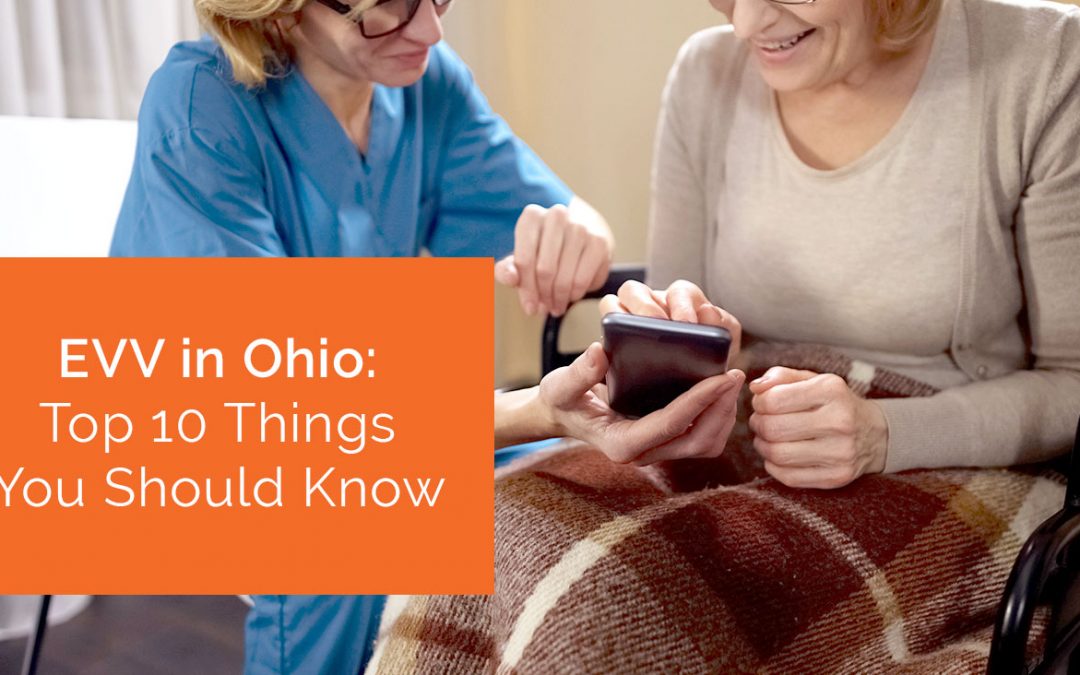Most home health agency marketing plans rely heavily on word of mouth and referrals. However, the market is changing considerably, and it’s time for HHAs to look at different methods of marketing their agency. As you plan your 2018 marketing strategy, it’s important to include digital marketing — that is, using social media, search engine marketing, and other tactics to ensure that you reach your audience with the right message at the right time.
Why Digital Is So Important Now
If you are thinking that using digital healthcare marketing is ineffective, and online isn’t where your customers are, then you would be wrong. Although in the past, older adults were slow or late adopters of the internet, that’s no longer the case. In fact, seniors are going online in droves — more than half have a Facebook account that they regularly use.
Much of this shift can be attributed to Baby Boomers. Unlike previous generations, technology is not new and confounding to them. Many people entering retirement age now have been using technology at home and work for close to two decades, and they are comfortable with the internet. When it comes to finding information about home health care, it’s not just older adults who are doing the searching. Often, it’s family caregivers who are looking for answers for their aging parents. Some of them are boomers themselves, but an increasing number of later generations are entering the early stages of caring for their parents. As millennials, the first generation of digital natives, begin to move into this stage as well, the relevance of digital marketing is only going to increase.
In short, moving forward, your customers are going to expect that you will have an online presence. Research from the U.S. Small Business Association indicates that 97 percent of American consumers search for businesses online, and if they cannot find you by searching Google or another major search engine, they are likely to be skeptical about your business and choose another option with a larger digital footprint.
Digital marketing is also vital to a company that wishes to be viewed as cutting edge and in step with current trends. Consumers are open-minded and receptive to new technologies, and they expect their providers to have the latest tools and equipment to provide the highest quality care. For example, your home health patients expect that you will have advanced software that ensures excellent care coordination and documentation. If you invest in advanced technology, but ignore the prevailing trends in marketing, you’re sending a mixed message — if your clients even get the message at all.
Implementing Digital Marketing
It’s important to note that boosting your marketing efforts with digital tactics doesn’t mean that you need to abandon the marketing techniques you’ve used in the past. In fact, it’s best to use a combined approach when attempting to reach baby boomers and seniors via digital marketing. For example, older adults tend to rank trust and a good value over other factors when making purchasing decisions. They aren’t necessarily looking for something new and exciting, but they want to know that they can trust a brand and that it’s best for them.
What this means in terms of digital marketing is that not only do your online messages need to reflect those core values, but you also need to augment those messages with marketing via legacy channels that your audience already knows and trusts. For most agencies, this also means running a television advertising campaign or conducting outreach to get PR on television, as well as targeting radio and newspapers, because seniors still consume those types of media and are more likely to trust your organization if they see it on those channels as well as online.
Targeting seniors via digital marketing also requires a different approach than with other audiences. Unlike younger demographics, who are likely to respond to snappy graphics and “in your face” messages (because if you don’t catch them quick, they are on to something else), older adults want more information. They want the details, and they will read text and learn as much as possible before making a decision. This is where blogs, detailed web pages, and videos highlighting your services are important. Give your audience information that they can use, and don’t be afraid to include all the pertinent information.
At the same time, consider developing additional campaigns and messages to reach other caregivers or those who are helping their older family members search for care. These individuals tend to have shorter attention spans, but they are also digitally savvy, and looking for messages that provide assurances that their loved ones will be supported, able to remain in their homes, and receiving the highest quality care. Given that in 2016 alone, more than 34 million people provided unpaid care to adults over age 50, you simply cannot afford to ignore this demographic.
Incorporating digital tactics into your healthcare marketing plan if you have not done so in the past might feel uncomfortable at first, but it’s a key aspect of growing your home health agency. It will support your efforts to build word-of-mouth support and gain referrals, and show your clients that you’re up-to-date with current trends.
Of course, you’ll need to manage this influx of clients, and Complia Health can help. Discover software solutions that will streamline your agency’s management and help you provide excellent care while keeping costs in check.




